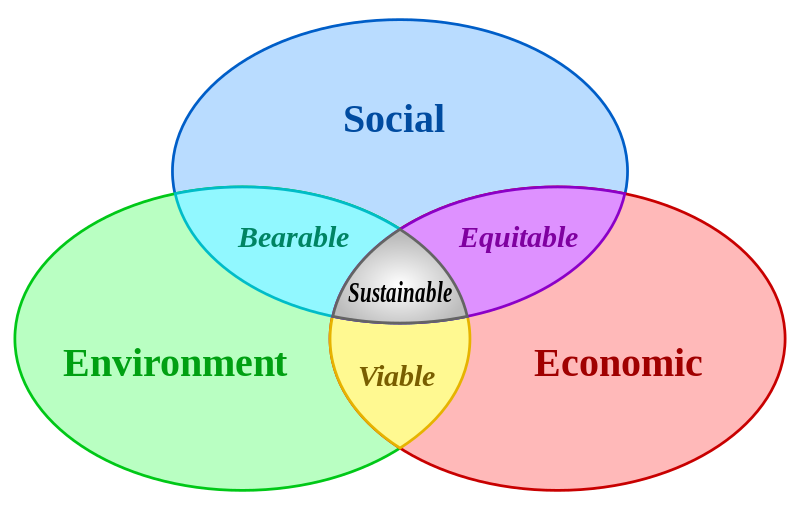Laser Weeders Prove Effective Against Weeds in East Coast Agriculture

In a groundbreaking study published on June 24, 2025, in the journal Pest Management Science, researchers from Cornell University and Rutgers University have demonstrated that laser weeders can effectively control weeds in East Coast crops, matching the performance of traditional herbicides. This innovative technology, initially developed for use on the West Coast, offers a potential alternative for farmers facing the challenges of weed management in varying soil and climate conditions.
The study, led by Dr. Lynn Sosnoskie, an assistant professor at Cornell AgriTech, involved rigorous trials on peas, beets, and spinach across New Jersey and New York. The researchers conducted three trials comparing laser weeding to conventional methods, including the use of herbicides such as S-metolachlor, bentazon, and phenmedipham. The results revealed that the lasers not only matched but, in some cases, outperformed the herbicides in controlling annual weeds while also reducing the negative impacts on crop yields—a common issue with chemical treatments.
According to Dr. Sosnoskie, "It’s important for us to test them, because growers are assuming a lot of risk with technology and are putting a lot of capital investment in something they may not know will work." The motivation behind the study was to provide farmers with empirical evidence before they invest in the high-cost technology, which can reach up to $1.5 million per unit.
Commercial laser weeders utilize advanced imaging and deep learning algorithms to identify and differentiate weeds from crops. Once identified, the lasers target and destroy the weeds, significantly reducing their prevalence. In the experiments, laser weeders were found to reduce weed cover by up to 45% and weed density by 66%, leading to a remarkable 97% reduction in weed biomass by the end of the growing season.
Despite their effectiveness, the study also highlighted some limitations of laser weeders. The devices were less successful in controlling certain weeds, such as purslane and annual grasses, because the growing points of these plants, known as meristems, are often hidden below the soil surface, making them difficult for lasers to target.
The transition to laser weeding technology is particularly timely as the agricultural sector grapples with the rising costs of herbicides and increasing regulatory scrutiny over chemical use. Organic farmers, who often resort to labor-intensive hand weeding, can greatly benefit from this technology, which reduces labor needs and enhances crop resilience.
This research marks a significant step toward integrating laser technology into mainstream agricultural practices. Future studies are planned to optimize laser weeding across diverse environments and weed species, as well as assess commercial models equipped with improved lasers for faster processing speeds.
The implications of successful integration of laser weeders extend beyond individual farms. Increased adoption of this technology could potentially lead to a reduction in herbicide reliance nationwide, aligning with sustainability goals in agriculture. As the industry moves forward, the balance between technological innovation and environmental stewardship will remain a pivotal consideration for agricultural stakeholders.
Advertisement
Tags
Advertisement





